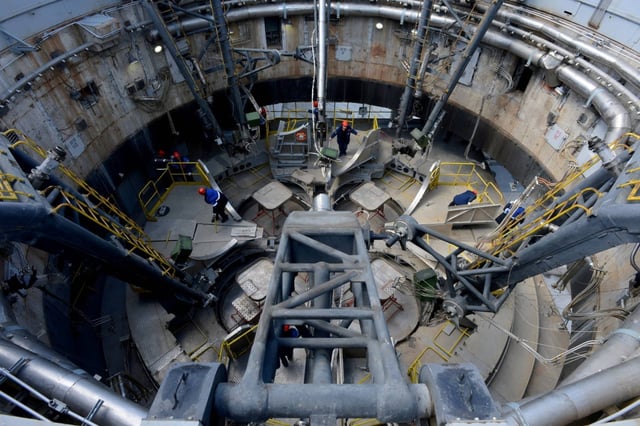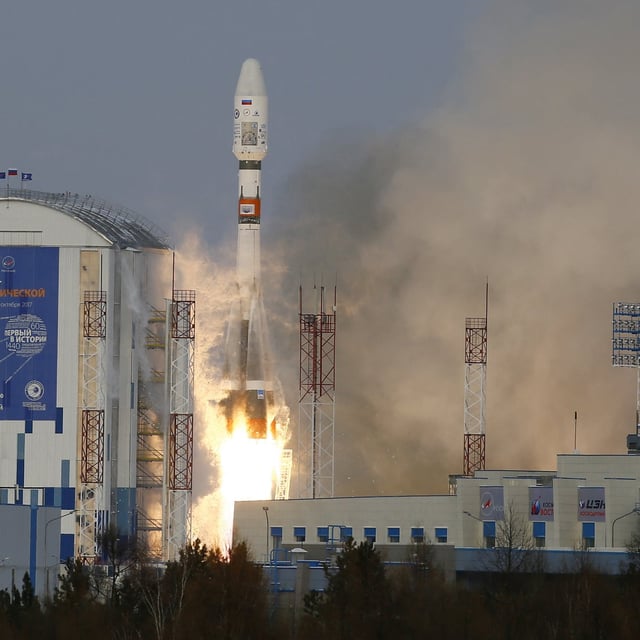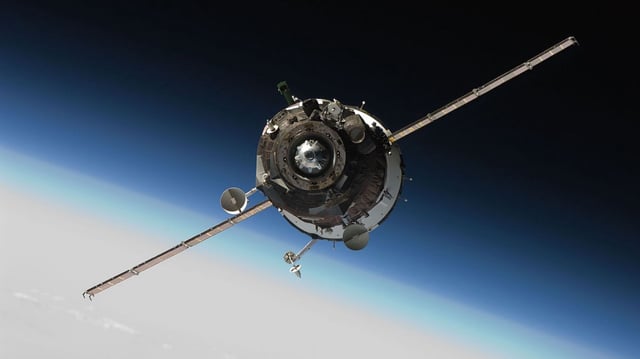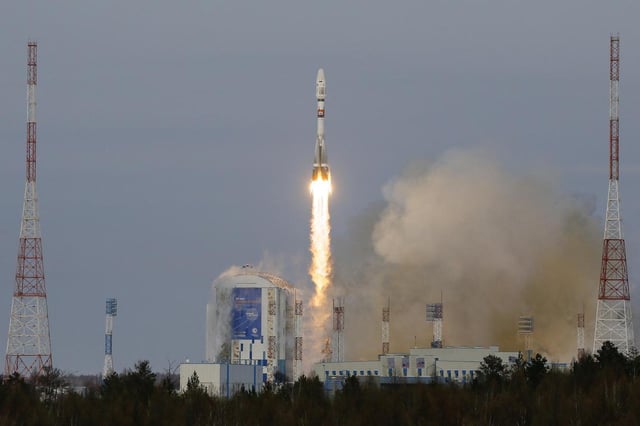Overview
- Cosmos 2553, launched in February 2022, is believed to support Russia's nuclear anti-satellite weapon development, though Russia denies hostile intent.
- The satellite has been observed tumbling uncontrollably since late 2024, with LeoLabs confirming in December that it was likely non-operational.
- Recent observations from Slingshot Aerospace suggest the satellite may have partially stabilized, though its functionality remains unclear.
- The satellite's placement in a high-radiation orbit was reportedly intended for testing durability, but its erratic behavior highlights potential setbacks for Russia's military space ambitions.
- The incident underscores growing reliance on commercial space-tracking firms like LeoLabs and Slingshot Aerospace to monitor military-linked satellites and assess their status.



